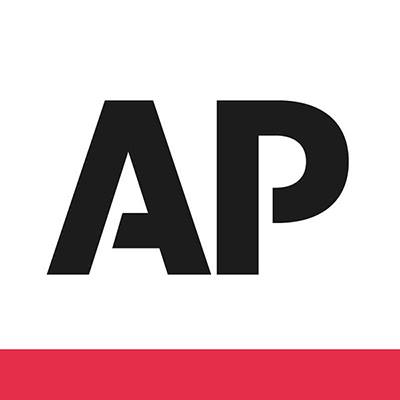US to review dark history of Indigenous boarding schools
Published at | Updated at
NEW MEXICO — The federal government will investigate its past oversight of Native American boarding schools and work to “uncover the truth about the loss of human life and the lasting consequences” of the institutions, which over the decades forced hundreds of thousands of children from their families and communities, U.S. Interior Secretary Deb Haaland announced Tuesday.
The unprecedented work will include compiling and reviewing decades of records to identify past boarding schools, locate known and possible burial sites at or near those schools, and uncover the names and tribal affiliations of students, she said.
“To address the intergenerational impact of Indian boarding schools and to promote spiritual and emotional healing in our communities, we must shed light on the unspoken traumas of the past no matter how hard it will be,” Haaland said.
A member of New Mexico’s Laguna Pueblo and the first Native American to serve as a Cabinet secretary, Haaland outlined the initiative while addressing members of the National Congress of American Indians during the group’s midyear conference.
RELATED | More than 200 bodies found at Indigenous school in Canada
She said the process will be long, difficult and painful and will not undo the heartbreak and loss endured by many families.
Starting with the Indian Civilization Act of 1819, the U.S. enacted laws and policies to establish and support Indian boarding schools across the nation. For over 150 years, Indigenous children were taken from their communities and forced into boarding schools that focused on assimilation.
Haaland talked about the federal government’s attempt to wipe out tribal identity, language and culture and how that past has continued to manifest itself through long-standing trauma, cycles of violence and abuse, premature deaths, mental disorders and substance abuse.
The recent discovery of children’s remains buried at the site of what was once Canada’s largest Indigenous residential school has magnified interest in that legacy both in Canada and the United States.
In Canada, more than 150,000 First Nations children were required to attend state-funded Christian schools as part of a program to assimilate them into society. They were forced to convert to Christianity and were not allowed to speak their languages. Many were beaten and verbally abused, and up to 6,000 are said to have died.
After reading about the unmarked graves in Canada, Haaland recounted her own family’s story in a recent opinion piece published by the Washington Post.
Haaland cited statistics from the National Native American Boarding School Healing Coalition, which reported that by 1926, more than 80% of Indigenous school-age children were attending boarding schools that were run either by the federal government or religious organizations. Besides providing resources and raising awareness, the coalition has been working to compile additional research on U.S. boarding schools and deaths that many say is sorely lacking.
Officials with the Interior Department said aside from trying to shed more light on the loss of life at the boarding schools, they will be working to protect burial sites associated with the schools and will consult with tribes on how best to do that while respecting families and communities.
As part of the initiative, a final report from agency staff is due by April 1, 2022.
Haaland during her address told the story of her grandmother being loaded on a train with other children from her village and being shipped off to boarding school. She said many families have been haunted for too long by the “dark history” of these institutions and that the agency has a responsibility to recover that history.
“We must uncover the truth about the loss of human life and the lasting consequences of these schools,” she said.




